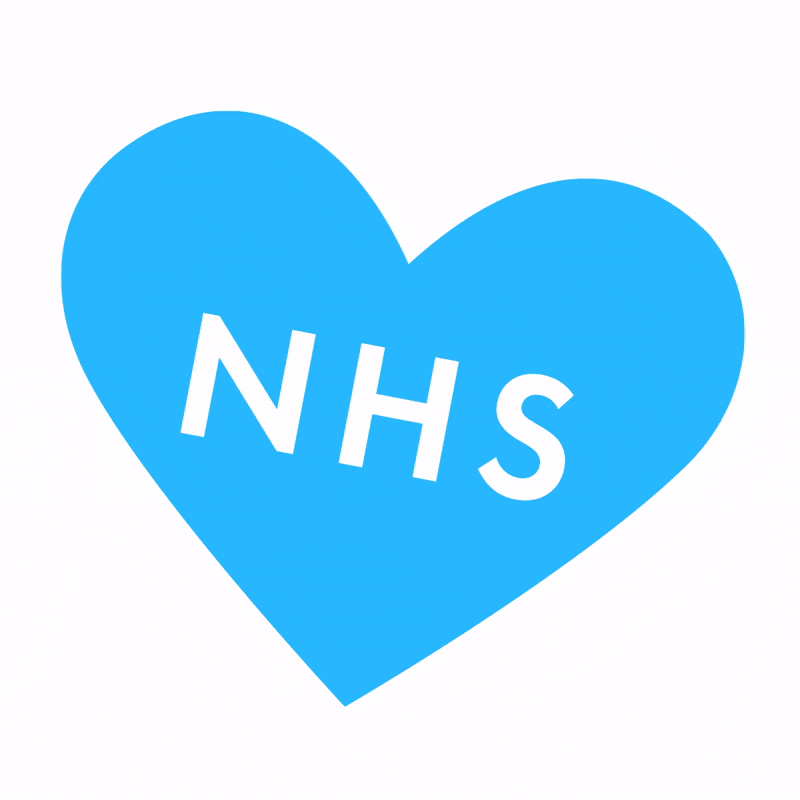'I lost my job due to COVID-19, and chose to career change into the NHS'

When Tash, 30, from London, found that her freelance events work evaporated almost overnight back in the spring, she found herself applying for jobs on the COVID-19 front line...
"I began my career working as a sound technician in the West End for shows like Mamma Mia and Phantom of the Opera, but in 2017, I left to work in events. Until early March this year, I was a freelance production manager for household-name brands.
"Then, coronavirus struck.
"As news of a virus swirled, it all felt so far away. I had £50,000-worth of freelance work booked in for the rest of the year, had just turned 30, and had recently had an offer accepted on my first home with my partner of a year. Life felt good.
"Then, in late February, that all changed overnight. Like dominoes, each event I’d been booked to work on was cancelled one by one. At the beginning of the week, I was financially secure. By the end, I had nothing. It felt like everything I had worked for was suddenly slipping like sand between my fingers. I didn't know how I was going to keep a roof over my head, let alone afford a new mortgage. I was terrified.
"Because many of the cancelled jobs were for October and November 2020, I knew there wasn’t going to be a quick fix and began thinking about how I would fund myself for the rest of the year. I applied to be delivery driver for the likes of Tesco and Amazon, but didn’t get anywhere. Then, I spoke to my sister, who is a mental health nurse in a prison. She suggested I look on the NHS jobs website.

"Scrolling through the vacancies, I was amazed. There were lots of roles available, mostly admin work. I applied for a job as a NHS 111 operations supervisor. I have zero clinical experience, but there are plenty of roles in the NHS that don't require it. I’ve managed event crews in the past and have strong organisational and administration skills, which were what this job required. It was a case of transferring what I already knew to a new environment. The idea of applying my existing skills to a public service and trying to do some good appealed, too. I’d spent so long running around doing corporate events – maybe it was time do give back?
"Three days after I’d filled out an application form on the website, I had a telephone interview with a manager. Later that day, they called me back. I’d got the job and would start training a 9am the next morning at a London call centre.
"My first day felt like the first day of school. I didn’t know what to expect, but quickly hit the ground running. Much like any other operations role, it’s about making sure things run smoothly, and I’ve been surprised at how quickly I was able to adapt to the role.
"Over the last few weeks calls to the service have risen to a level never seen before because of COVID-19. It has been a really busy time for all of us. We observe strict social distancing measures, so there’s no staff room. I eat lunch at my desk, which is usually a sandwich and a piece of fruit. The NHS employs a huge spectrum of different people, and everyone is lovely. A few weeks in, I was promoted to rota co-ordinator, which felt brilliant! I have lots of management experience from my previous roles which I’m getting to put to good use. I now have more responsibility and manage the shift patterns as part of a team across different departments. I felt like I'd been recognised for my skill, and it gave me more job security.

"I’m stunned when I think about how far I’ve come in just a couple of months and feel proud of myself for trying to do something positive in a bad situation. A few months ago, I was crying while FaceTiming my mum because I didn't know how to pay the rent. Now, I'm a few pay cheques into my new role. The salary isn’t as much as I would have earned in production, but at least I’m earning something and contributing in a positive way.
"I don’t know if I’d go back to events once all of this is over – being part of the fight against COVID-19 has given me a professional satisfaction that I’ve never felt before."
Lost your job? Here's how to get into the right headspace for a job search
Psychologist Fiona Murden explains how to get yourself into the mindset for the hunt…
Focus on what you can control
Distinguish what’s within your control, and what's not. You have no say over the fact that there is a bleak marketplace and that there are going to be less opportunities, so if you start despairing about those things, you’ll be left feeling helpless. Turn your attention to searching and applying for jobs, rather than worrying about the state of the economy.
Tell everyone you're looking for a job
Seriously, talk to absolutely every person you know or meet. Tell them what skills you have in a clear, concise way – these are soundbites they can take away and tell someone else. Because when people have got their ears open to opportunities, leads crop up. There might be a business down the road who you had no idea needed someone to help out. That’s your first foot in the door.
The dream job can wait
The first job doesn't have to be the right one – in this market, and to begin with, it’s just about getting yourself into a work environment and bringing some money in. You’ve got your whole life to craft your career. Besides, if you can do a job you don’t necessarily love for a little while, you’ll buy some time for the market to recover and there might be more jobs out there that are better suited to you when you next start searching. Plus, once you’ve got a job, it's much easier to get your next.
Like this article? Sign up to our newsletter to get more articles like this delivered straight to your inbox.
You Might Also Like


